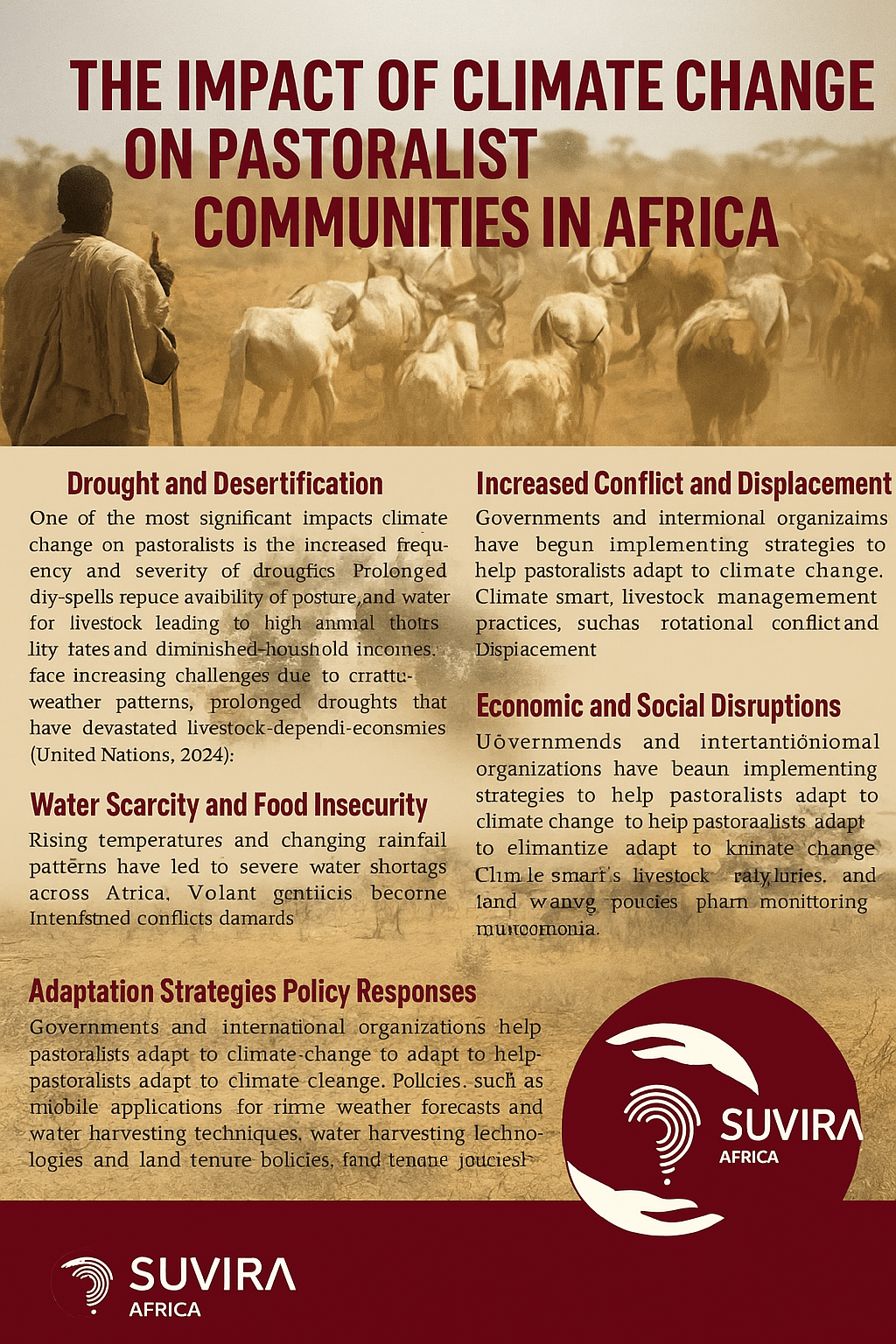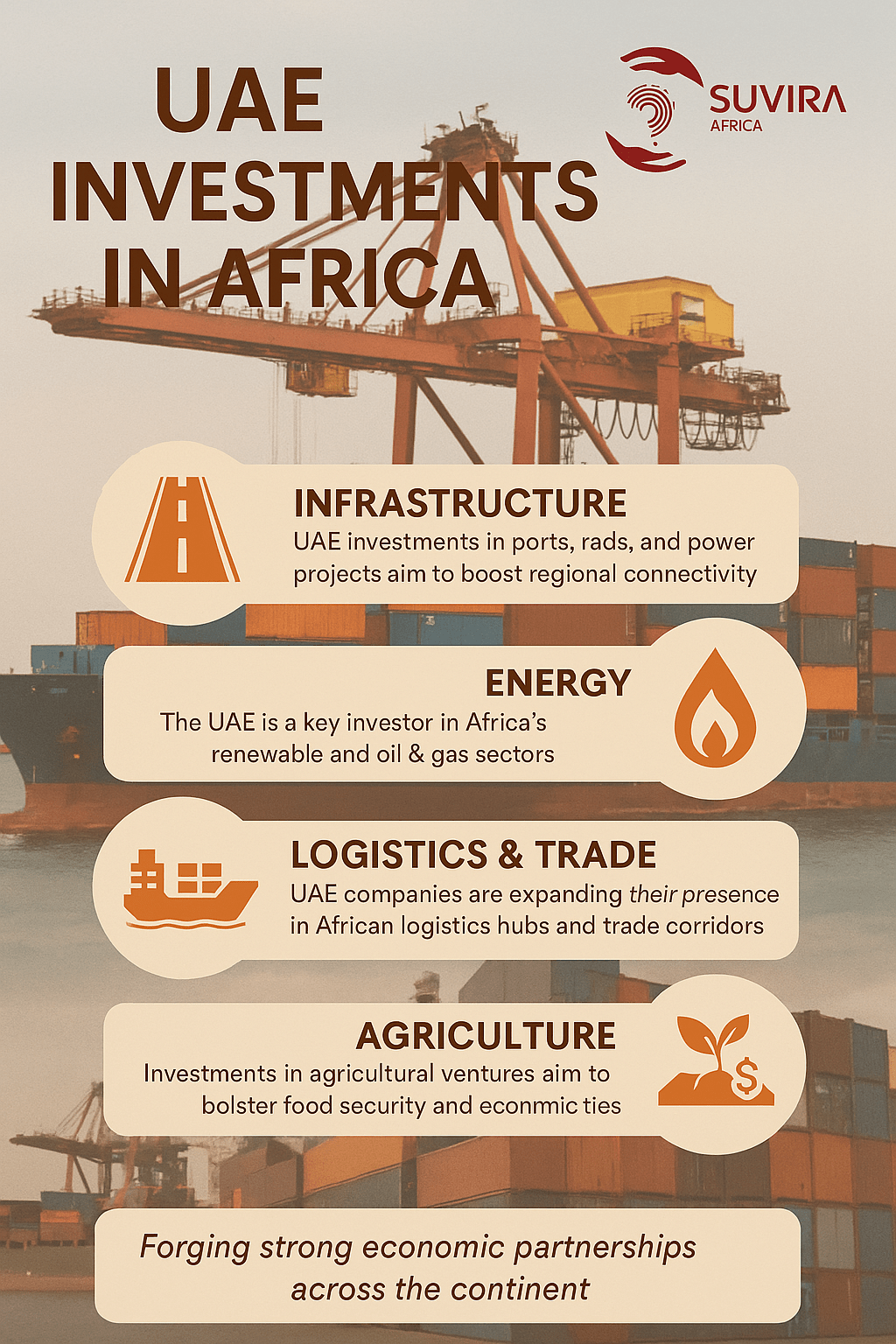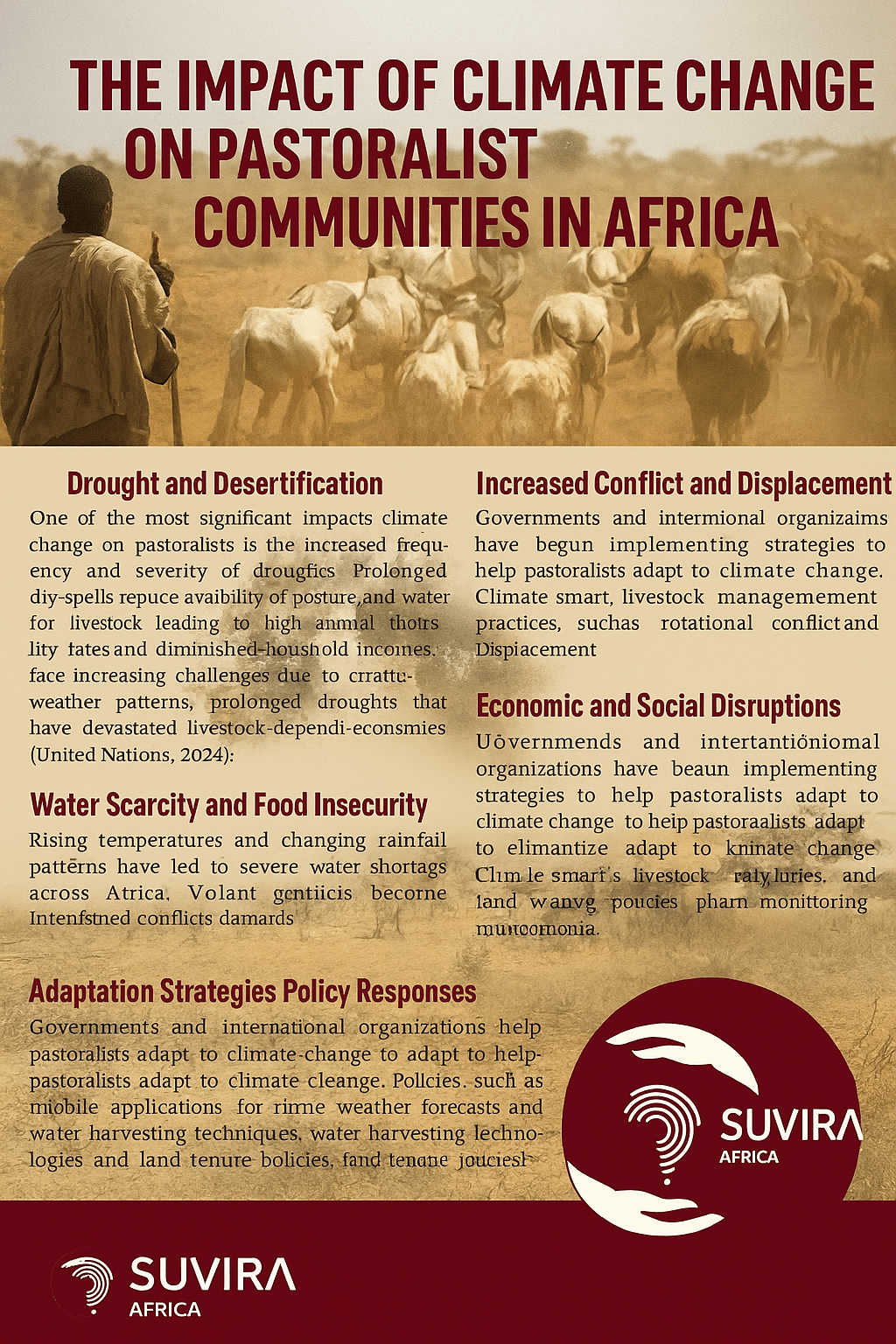The African Union’s Role in Trade and Stability: A Continent at the Crossroads
October 18, 2025 5 mins to read
by Leon Lidigu
Since its inception in 2001, the African Union (AU) has symbolized Africa's collective ambition—a project aimed at fostering unity, economic growth, and political stability. With initiatives like the African Continental Free Trade Area (AfCFTA) and peacekeeping efforts in troubled regions, the AU has demonstrated what a united Africa can achieve. Yet, behind the optimism lies a web of challenges that threaten to undercut its grand vision.
Trade Dreams Taking Shape
One of the AU's standout achievements is the launch of AfCFTA in 2018. Designed to eliminate tariffs on 90% of goods traded among member states, the agreement creates a single market of over 1.3 billion people. More than numbers, AfCFTA seeks to shift Africa's economic narrative from dependency to self-sufficiency. Intra-African trade is projected to rise by over 50%, opening doors for agriculture, manufacturing, and tech industries.
Through partnerships with institutions like the African Development Bank (AfDB), the AU is centering small and medium enterprises (SMEs) in its growth plans. Women and youth entrepreneurs now have greater access to funding, training, and digital tools. This focus on inclusivity could be key to narrowing economic inequality—a chronic challenge to sustainable progress.
Stability as the Backbone of Prosperity
However, trade cannot flourish in the midst of conflict. The AU's Peace and Security Council (PSC) has worked in conflict zones like South Sudan and the Central African Republic, deploying peacekeepers and mediating fragile deals. These missions, although often underfunded, help stabilize regions and pave the way for long-term investment and cross-border trade.
But Not All That Glitters is Gold
Still, noble intentions alone aren't enough. The AU faces bureaucratic inertia and sluggish policy execution. Many member states are slow to align national laws with AfCFTA protocols, stalling full implementation.
Peacekeeping tells a similar story. While effective in some areas, AU interventions in places like Libya and Somalia have lacked coordination and long-term sustainability. The fallout? Prolonged conflicts that fracture trade corridors and scare away investors.
Another pressing issue is the uneven spread of AfCFTA's benefits. Economic giants like Nigeria, South Africa, and Egypt dominate trade, while smaller nations struggle to keep pace. Without mechanisms to correct these imbalances, regional disparities may deepen—undermining the unity the AU seeks to build.
The Way Forward: Reform or Retreat
If the AU is to fulfill its promise, reform is critical. It must improve policy coordination, ensuring that decisions made at the AU level are effectively implemented across the continent. Conflict prevention also needs a boost—especially in early warning systems and grassroots peacebuilding. Lastly, the AU must empower smaller economies through targeted support programs that foster equitable participation in trade.
Africa's future hinges on the choices made today. The African Union stands at a defining crossroads. It can either lead the continent toward shared prosperity or watch as fragmentation takes root. The path it chooses will shape not only trade and stability—but the destiny of Africa itself.
References
1. African Union. (2021). The African Union and the African Continental Free Trade Area (AfCFTA). https://www.au.int/en/afcfta
2. AfDB. (2021). The role of SMEs in Africa's economic growth. African Development Bank. https://www.afdb.org
3. Oluwagbemiga, T. (2021). Trade and inequality in Africa: A review of AfCFTA's potential impact. African Journal of Economic Studies, 34(2), 102-114.
4. UN. (2020). Peacekeeping operations in Africa: Progress and challenges. United Nations. https://www.un.org



